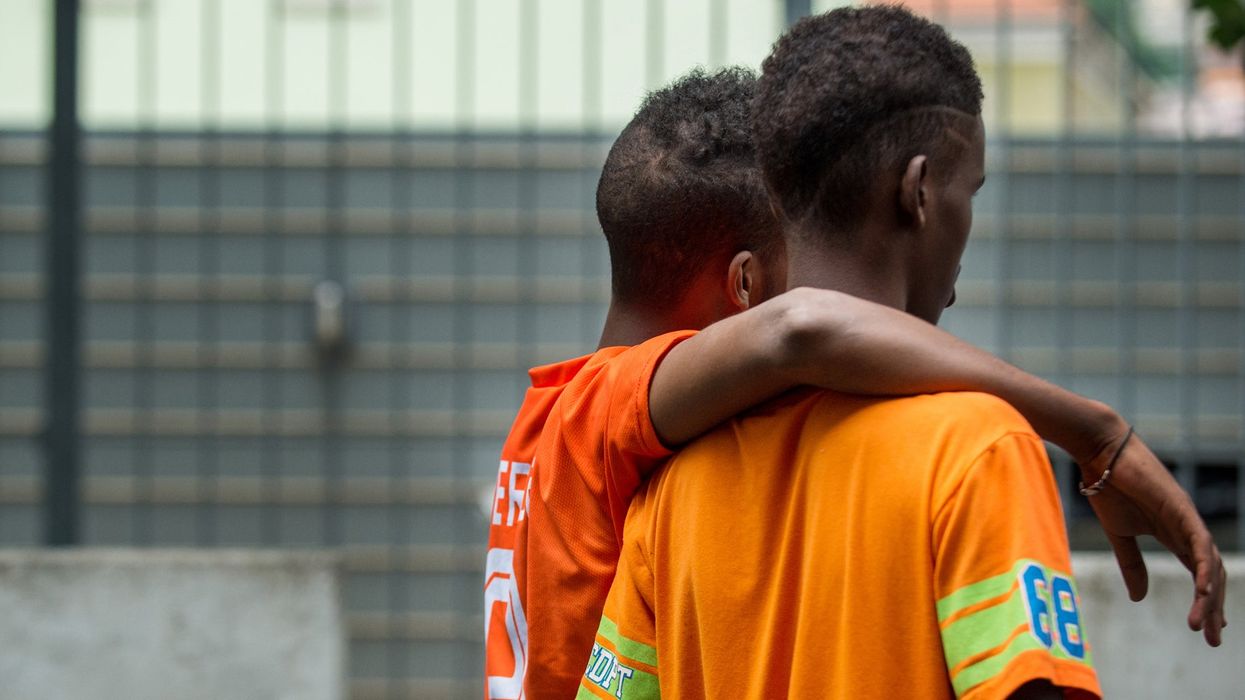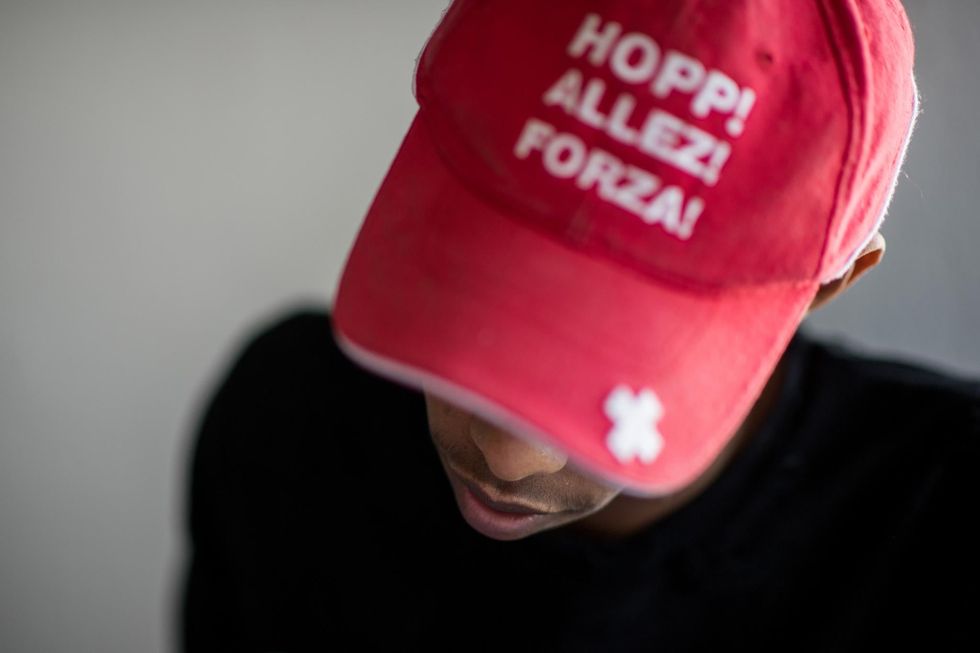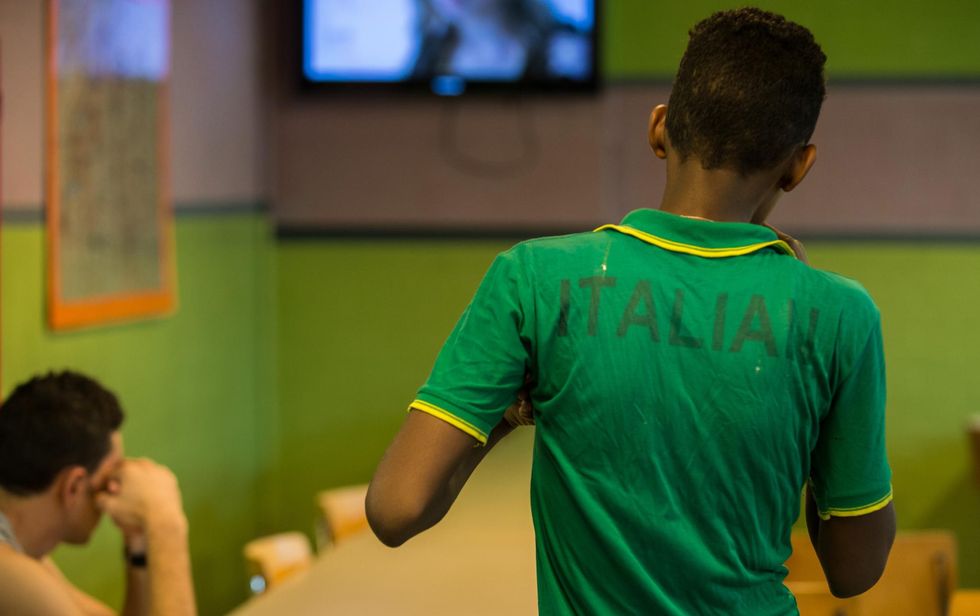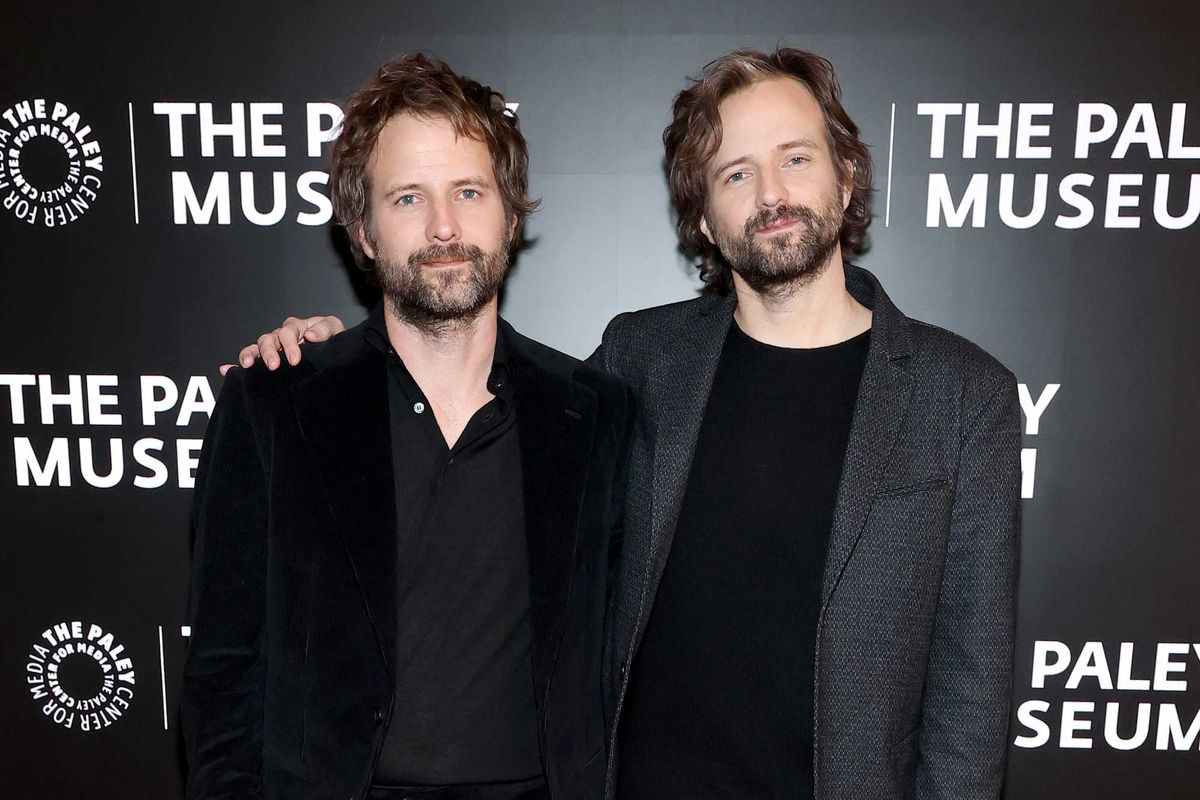News

Picture:
La Regione
My Swiss family is incredible. They have helped me so much.
Morad Essa is a young Eritrean and the first migrant to be welcomed into a Swiss family.
He arrived in 2015 in Lully, a small Vaudois municipality and the first in Switzerland to host migrants, a practice that has now taken off in several Swiss cantons.
In Vaud, over the last two years, 200 migrants have benefited from it; 120 are being hosted by 60 families while 40 others live in flats and/or houses provided by 10 different municipalities.
When Morad arrived at his new home he couldn’t speak a word of French. His stay was supposed to last six months, but he ended up staying for two years.
Now the young Eritrean speaks the language of Jules Verne well, he feels integrated and he’s looking for an apprenticeship. He wants to be a mechanic.
According to the Vaudois Institute for migrant hospitality, hosting adult or minor refugees in families accelerates their integration while facilitating the language learning process and the transition to work, thanks to the hosts’ social connections. Furthermore, it is less expensive for the canton and helps to reduce prejudices.
We incorporate those most likely to stay in Switzerland, such as Iraqis, Syrians, Eritreans, Afghans. We have held presentation evenings and nowadays, through word of mouth, it’s pretty easy to find families willing to host migrants.
explains Marie-Claire Maillard, in charge of the Institute’s migrants hospitality program.
A furnished room for at least six months near public transport is all they need.
It’s an act of solidarity. Many do it because they feel like helpless observers of the exodus broadcast on television.
Host families can receive compensation, but some do it for free or almost. Nobody does it for money. And we are always at the disposal of families and migrants.
Switzerland’s Italian region is testing the hosting of unaccompanied migrant minors. A family in Lugano, in the Ticino canton, has already fostered one. He was 13 years old when he arrived at the Chiasso registration centre, near Lugano.
He had left behind his mother and siblings in Ethiopia. He had been through a tough odyssey of refugee camps, overcrowded jeeps in the desert, abuse and makeshift boats.

Today he is 15 years old, lives in Ticino with the Schoepf family and their two children age 12 and 14, and has been attending a high school in Gravesano since last September.
I met him in the fall of 2016, because he played football with my oldest son. I was struck by his smile and the fact that after training and showering he would put back on the clothes he’d worn on the field.
So I discovered that he was here on his own and was living at the Paradiso Red Cross home for minor asylum seekers
recalls Simona Spinedi Schoepf. She explains how her family’s destiny became entwined with that of Adem (not his real name).
Her initial curiosity was followed by a real connection between the two, which turned into affection:
Adem is like a son to us now. We welcomed him into our family in August 2017 because we wanted him to have the best possible chance to make it in Switzerland.
With us, he can integrate faster; he goes to school with my oldest son.
He speaks good Italian, he is immersed in our culture on a daily basis, he eats our food, and he’ll be able to make use of our social connections. He has a calming effect on our two children.
For them, this has been an extraordinary experience of hospitality that is changing their vision of the world. All of this will has an impact on their future plans. Adem has been a great gift.
Almost a year has passed since their first meeting. “My older son and he hit it off immediately. He started coming over for dinner and then staying over some weekends,” she recalls.
With the authorization of the Red Cross, it immediately became a regular thing.
“Every Sunday evening it was heartbreaking to take him back to the centre, we were all getting very attached to him,” she admits.
Schoepf, who is a psychotherapist specialised in trauma, kept an eye on the boy, knowing that he had been through difficult experiences, but concluded that the family environment hadn’t reawakened unpleasant memories.

On the contrary, it was a sheltered space. Then, Schoepf and her husband decided to volunteer as Adem’s foster family in August 2017. He started school in September.
The principal was supportive and put him in the same class as our son. Adem is doing well, math is the only thing he finds hard.
Legally, the family doesn’t have parental authority, only custody of Adem, who has a guardian.
When he grows up, Adem wants to be doctor, go back to Ethiopia and help his community. Now and again he has nightmares. Schoepf says:
He dreams he’s being attacked. It’s connected to his experiences back when he was escaping.
He misses his family and is unsure about his future. All this causes moments of sadness.
When asked if professional skills are needed to host these youngsters, the psychotherapist replies
You don’t need to be a psychologist to become a parent; you never know how things are going to go, but you learn along the way.
This article was published as part of impact journalism day, an international initiative involving more than 50 media outlets worldwide, highlighting local solutions to global problems and spreading stories in the first step towards change.
More: The EU countries where migrants are most at risk of poverty
Top 100
The Conversation (0)













